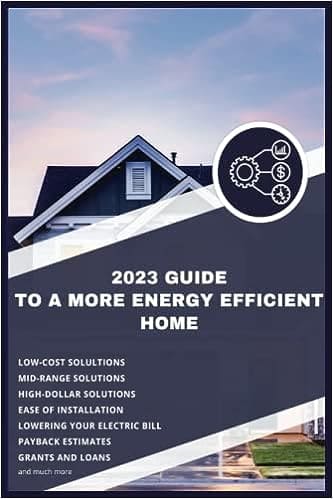Definition
Energy Efficiency refers to the practice of using less energy to achieve the same result, thereby reducing wasted energy.
Expanded Explanation
Energy efficiency is a crucial aspect of sustainability, aiming at maximizing the utility of energy. By deploying energy-efficient technologies and practices, we can reduce energy consumption without compromising on our needs or comfort.
Importance
Energy efficiency is a key tool in combating climate change and reducing environmental impact. By using energy more efficiently, we lessen greenhouse gas emissions and our reliance on fossil fuels.
Context and Usage
Energy efficiency is used across various sectors: from household appliances and lighting solutions to transportation and industrial processes. Policies and regulations often promote energy efficiency to achieve environmental goals.
Examples
- Example 1: LED light bulbs are more energy-efficient than traditional incandescent bulbs, as they produce the same amount of light using less energy.
- Example 2: A car with higher fuel efficiency can travel the same distance as a less efficient one while consuming less fuel.
Understanding Energy Efficiency
A common misconception is that energy efficiency and energy conservation are the same. While both aim to reduce energy use, conservation involves using less energy by reducing activities or services, whereas efficiency does so without compromising the service level.
Related Glossary Terms
- Renewable Energy: This refers to energy from renewable sources like wind or sun. While different, both renewable energy and energy efficiency contribute to sustainability.
- Carbon Footprint: This is the total greenhouse gas emissions caused by an individual, event, organization, or product. Energy efficiency can help reduce a carbon footprint.
Visual and Reading Aids
External Resources
- Energy Efficiency Building and Industry by Energy.gov
- Congressional Renewable Energy and Energy Efficiency EXPO and Policy Forum
Related Articles
- Climate and its Impact on Hydrogeology: This article discusses the effects of climate change, which energy efficiency can help mitigate.
- Understanding Floods: A Hydrometeorological Perspective: This article explores hydrometeorological phenomena, which are influenced by climate change – a problem energy efficiency can address.
This detailed breakdown of the glossary term ‘Energy Efficiency’ ensures a comprehensive understanding of the concept, its relevance in various contexts, and its significance for sustainability and climate change mitigation.

